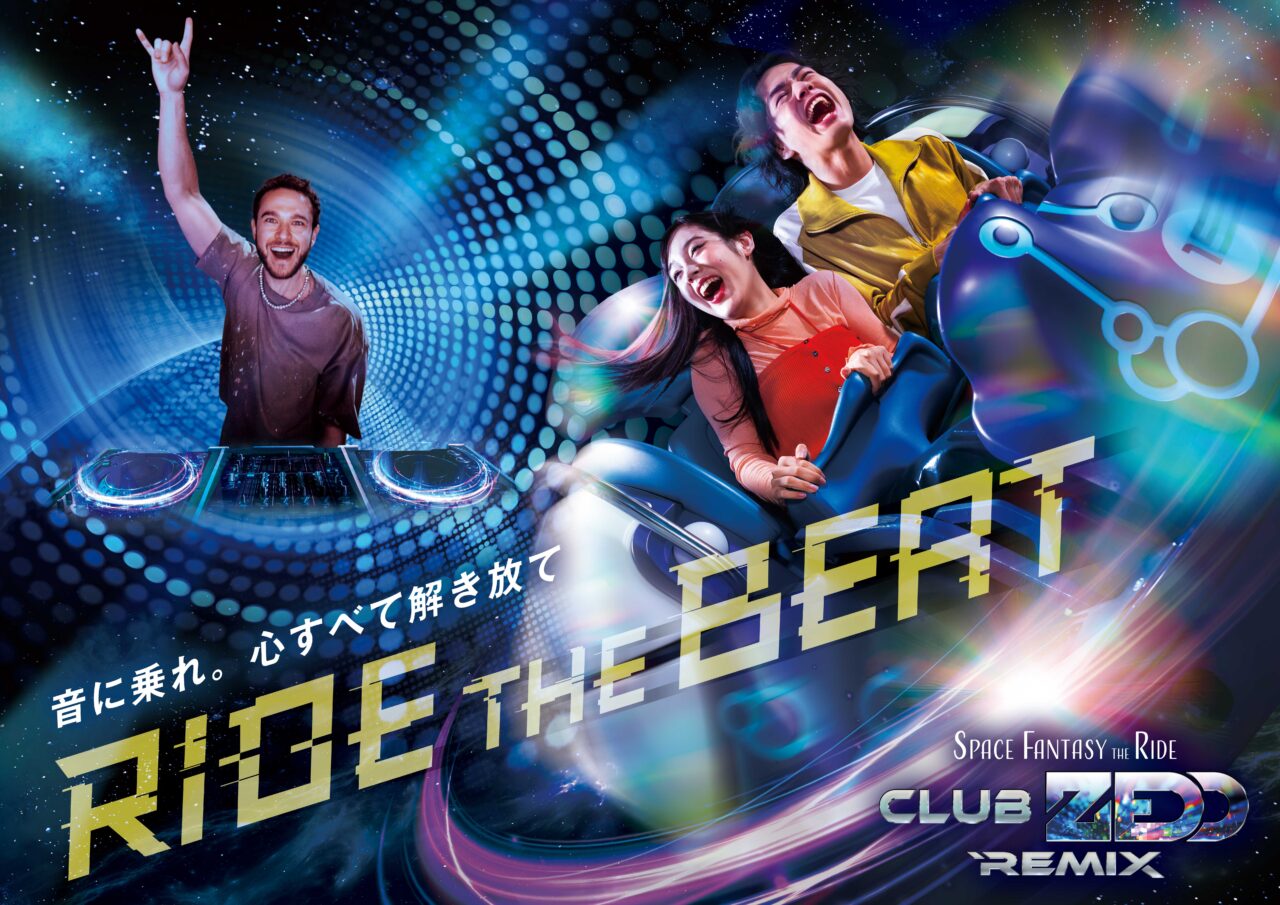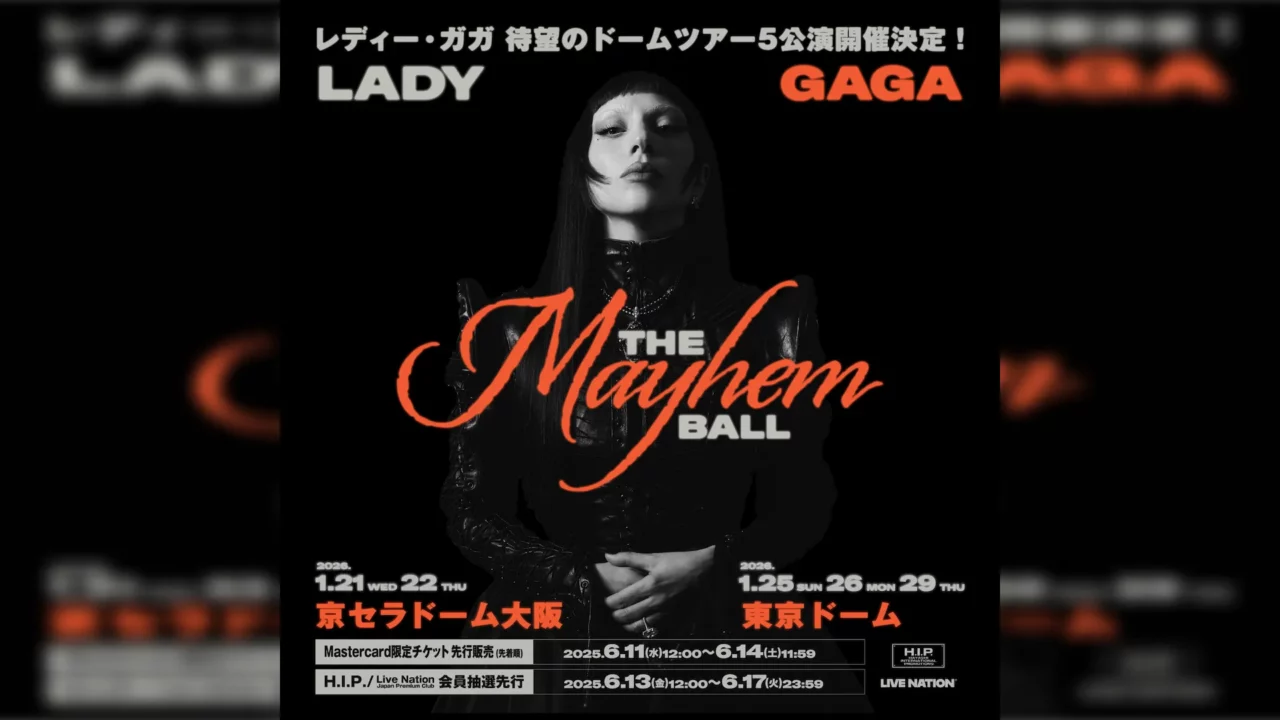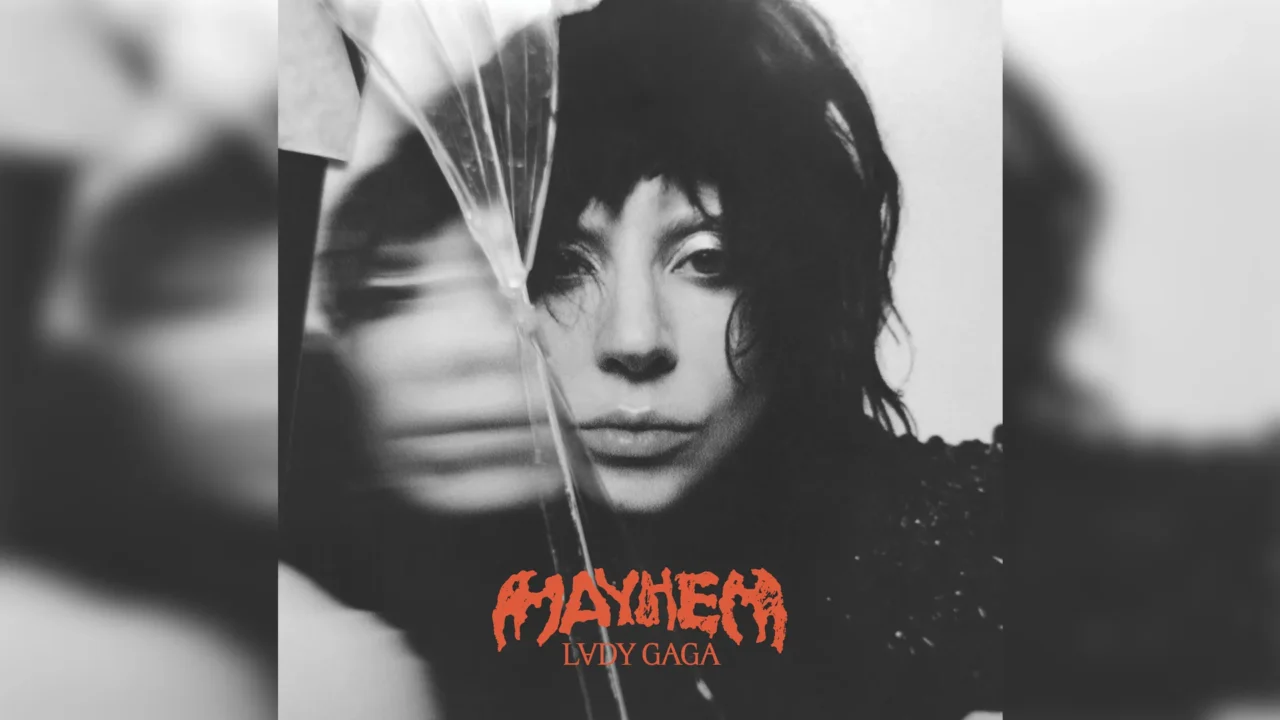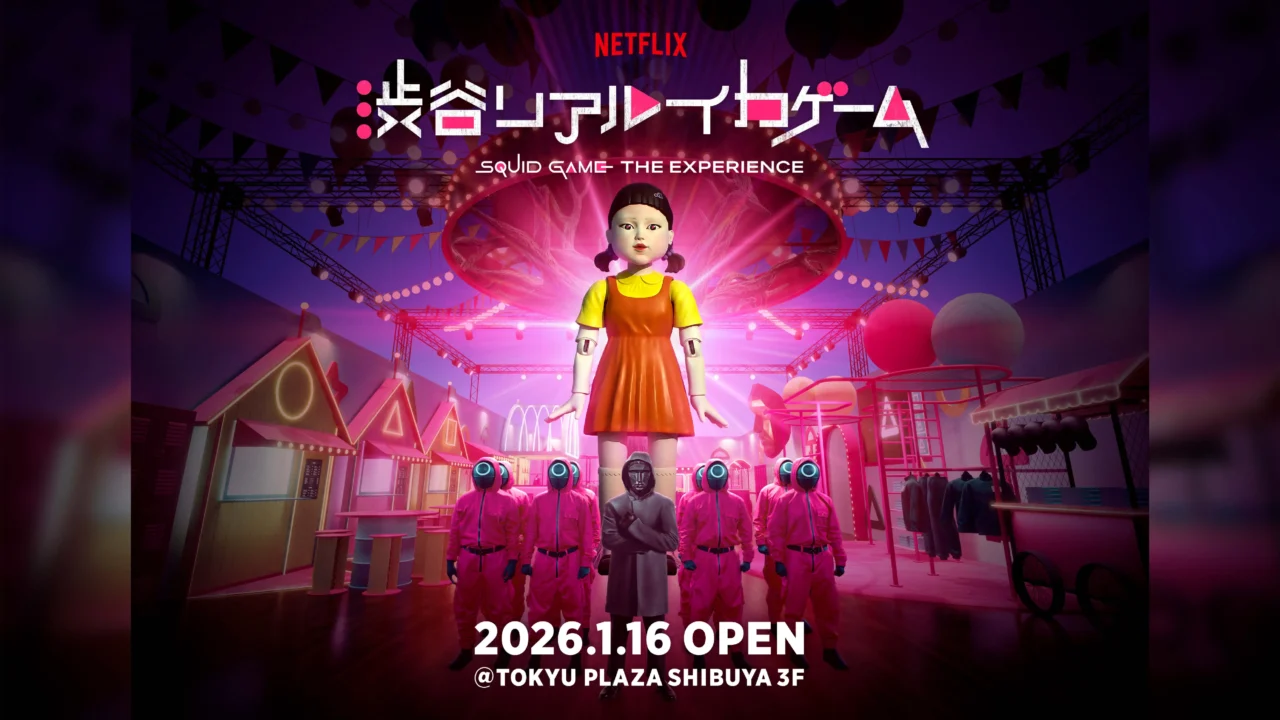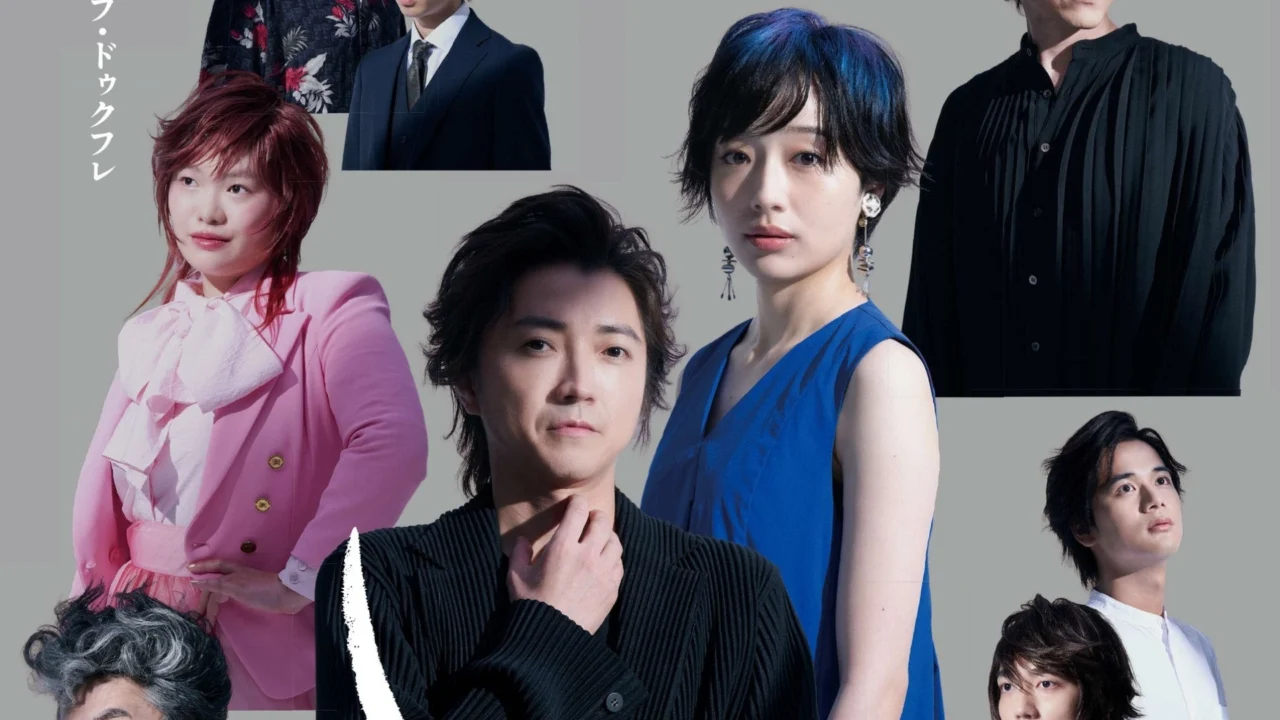The abundance of theatrical releases, dramas, and streaming content in the world of visual media can be overwhelming. Even for passionate moviegoers, it’s easy to miss out on some great films. As we reach the midpoint of 2024, it’s an opportune moment to reflect on this year’s cinematic offerings.
In this discussion, film critics Nayuta Osanai and Tsuyoshi Kizu, co-hosts of a film-focused podcast, share their insights. They highlight standout films from the first half of the year and discuss strategies for enjoying today’s diverse range of cinema experiences.
INDEX
Hollywood’s All-Out Effort: ‘Oppenheimer’
-What comes to mind for you, Osanai?
Osanai: Certainly, ‘Oppenheimer’ (directed by Christopher Nolan) is a must-mention… Although technically it’s a 2023 release. In Japan, around the same time, ‘Dune: Part Two’ (directed by Denis Villeneuve) was also released, which made me feel like these two films marked the “final all-out effort of Hollywood cinema.”

A writer for films and foreign dramas. Known in Tokyo’s small theater scene as an independent theater practitioner, involved in playwriting, directing, and acting. Primarily focuses on American films and TV series.
Top 5 Picks for the First Half of 2024 by Nayuta Osanai
Oppenheimer
Anatomy of a Fall
Challengers
Evil Does Not Exist
Road House
Osanai: In contrast to ‘Dune: Part Two,’ which assembled an all-star cast in leading roles, ‘Oppenheimer’ featured a variety of actors, some relatively unknown. When I posted the names of supporting actors like Josh Hartnett, Dane DeHaan, and David Krumholtz on social media, it received quite a bit of attention. It means there are many dedicated fans of these actors. It made me think that Nolan might gather a broad range of movie fans like this and make his films successful.
Kizu: While it was unfortunate that its release was delayed despite being originally meant to symbolize 2023, I also felt that the timing after the Academy Awards heightened its topicality. Of course, the subject matter itself contributed, but the delay also brought attention to it. By the way, how did you find the content of the film?

A writer who focuses on film, music, and gay culture, contributing across various media. He is the author of “New Dad: The New Man in a New Era” (published by Chikuma Shobo).
Osanai: I really liked it. While I think it could have benefited from a bit more pacing, its fast tempo was so impressive that it felt like the audience was being left behind, and that was remarkable. I think it’s crucial that I understood there’s a significant gap between the creators and the audience, between Japan and Nolan. It’s a film that should spark discussion precisely because it doesn’t aim for easy comprehension.

Kizu: For me, Nolan has consistently been a director I can’t fully immerse myself in. Of course, when I first saw his work in IMAX, I felt the determination to capture something definitive as a leading director in contemporary Hollywood. However, at the same time, I had reservations about his films being tailored for IMAX…
It’s said to be a first-person film that uses the “immersion” promoted by IMAX, but I felt conflicted about whether modern cinema is limited to that approach. Because it’s first-person, I ended up sensing something like heroism. When telling the history of the atomic bomb, I wondered if it had been accepted by Americans as a heroic story of someone who had to become Prometheus.

Osanai: In terms of “heroic,” I may have had a completely opposite view. Regardless of being Japanese, Oppenheimer wasn’t portrayed in a way that made him relatable at all, in my impression.
Later on, the focus shifts to his involvement in the Red Scare. I believe American films often reflect on their own history, and in that sense, I felt this film also had elements of introspective American cinema.

“Is the film “Oppenheimer” an anti-nuclear film? Nolan’s Vision of a ‘Broken World'” (NiEW) reads
INDEX
Victor Erice’s Works: Symbolizing Retroactive Popularity
-Did you have any favorite films from the first half of the year?
Kizu: First, ‘Close Your Eyes’ (directed by Victor Erice). When Erice returned with his first feature film in 40 years, I felt a positive sense that a younger generation was rediscovering him. The so-called “cinephile culture” and “arthouse theater culture” have often been discussed as having declined in Japan. However, within the context of easy access to old films through streaming services, these cultures have actually evolved and seem to be experiencing a resurgence. I find it interesting that there’s been an increase in retrospectives at arthouse theaters, and I think “Dream of Light” symbolizes that trend well.
Top 5 Picks for the First Half of 2024 by Tsuyoshi Kizu
Close Your Eyes
Anatomy of a Fall
All of Us Strangers
Challengers
Evil Does Not Exist
Osanai: Regarding retrospectives, in the first half of the year, there was a special screening series at Shimokitazawa Cinema to coincide with the sale of the book “Women’s Movie Breakfast” (Film Art Company). Even the night screening of “Ms . 1981 Angeles , attracted a full house with many young viewers , intrigued by how they managed to hear about and develop an interest in the culture

Kizu: Two years ago, when I heard that Wong Kar-wai’s retrospective was popular, I felt like “finally, the revival of my generation has come.” I often heard that young people were attending as well, so I think that with the generalization of streaming, there’s a sense among the younger generation that “old movies are great too,” but in a different way than the era of rental videos.
INDEX
‘Challengers’: A Stimulant in Bleak Times
-Both of you have unanimously listed “Challengers” (directed by Luca Guadagnino) as one of the best of the first half of the year.
Kizu: I also have a liking for the filmmaker Luca Guadagnino. What I appreciated about this film was how it turned an inconsequential love triangle into something exhilarating. At a time when the world is so tumultuous with events like Russia’s invasion of Ukraine and Israel’s atrocities in Gaza, there are moments when one can’t help but feel mentally weighed down. The exuberance of this film, however, lifted my spirits.
Furthermore, Guadagnino has been following in the tradition of Italian cinema by exploring the concept of eros. His portrayal of eros in a post-Me Too world has left an impression, capturing a refreshing form of eroticism.
Osanai: Previously, you referred to Luca Guadagnino as the “author of summer and eros” on a podcast, and I really love that phrase. After watching the film, I went to a nearby bar where coincidentally another customer who had watched the same episode was sitting at the counter. They said, “It was a grand 3P movie,” and we both laughed.
Kizu: That’s it! [Laughs]


Osanai: It really is that kind of film. In the midst of various diversities portrayed in films since Me Too, the sheer audacity of a movie solely focused on three people aiming for ecstasy was fascinating. It’s a film that excessively depicts male bodies, where I couldn’t help but fixate on the actors’ abs, but that absurdity was just brilliant.
Kizu: I think Guadagnino, while appearing casual, is actually quite conscious of the world post-Me Too. He seems to be challenging how to express eros in American cinema.
Osanai: While it’s a slightly different type, I think we shouldn’t overlook the success of ‘Anyone but You’ (directed by Will Gluck). It suggests something significant that in the post-Me Too era, a typical and overtly sexy romantic comedy featuring predominantly white characters could become such a hit.
Kizu: When macho guys like Glenn Powell show off their nice bodies, they often get comments like “those muscles are just for show,” and they might be caught listening to pop music that’s generally considered cheesy. It’s quite contemporary to depict this kind of “adorable macho” character.
On the other hand, I also sensed a nostalgia for 1980s to 1990s blockbuster movie vibes. I’m a bit concerned that American cinema might be diving into a mood of nostalgia for the past.
INDEX
Capturing the Intrigue of Unfathomable Films: ‘Anatomy of a Fall’ and ‘Evil Does Not Exist‘
-‘Anatomy of a Fall’ (directed by Justine Triet) is also mentioned by both of you.
Osanai: I think this film is wonderful, but I also have some thoughts about its reception on social media and in reviews. While I believe this film allows for various interpretations depending on the viewer, I noticed that many discussions focused solely on its gender perspective. While it’s valid to discuss the film from that angle, I find it frustrating when discussions exclusively revolve around that perspective, as if that’s the only aspect of the film worth discussing. It can be exhausting because it may not fully convey why someone would want to watch the film in the first place.
Kizu: I think that’s a movement specific to the age of social media. However, regarding the film ’Anatomy of a Fall,’ I also felt that it delves significantly into gender and sexuality perspectives. It’s not just about portraying men in a negative light; rather, it presents a script where the woman is the breadwinner while the husband takes care of household chores and childcare, appearing as a “progressive couple” to society. When they step outside the home, it brings forth other issues.
Lately, I’ve found French cinema quite interesting, and I consider this film to be one of those. Directors like Céline Sciamma with ‘Portrait of a Lady on Fire’ (2020), Julia Ducournau with ‘Titane’ (2021), Alice Diop with ‘Saint Omer’ (2022), and Laura Kivorchian with ‘Rodeo’ (2022) have emerged, bringing complex gender issues into film narratives. The complexity of these narratives doesn’t quite align with the one-sided views often seen on social media, which is why I feel that films are ahead of social media discourses, offering more complexity and richness.
Osanai: I think my interpretation of ‘Anatomy of a Fall’ as a film about creation and making things also contributed to my discomfort with how it was received by the public. It portrays a couple where both are artists, but the husband loses out to his wife in terms of the ability to complete their work. There are various interpretations possible, but the son constructs the story based on his mother’s testimony, leading to the belief that his father committed suicide. I interpreted it as a discussion on how creation can deeply impact people.
It was truly complex and not easily relatable, but that’s what made it remarkable. Similarly to ‘Oppenheimer’ mentioned earlier, films that are not easily relatable or understood, and those that shock you when you watch them, tend to leave a lasting impression.

“Explaining the film “The Anatomy of a Fall. How it depicts the injustices faced by women of social status” (NiEW) read more
-Since you yourself are a playwright and director, it makes sense that you view films from the perspective of creation. In that regard, there was also ‘Evil Does Not Exist’ (directed by Ryusuke Hamaguchi), which could be seen as a film that evokes feelings of “not easily understood” and “shocking when watched.”
Osanai: The atmosphere in the movie theater right at the end was incredible. We all shared a moment of surprised astonishment, like “Wait, what just happened?” I’m sure everyone carried that lingering feeling of confusion home with them, pondering, “What was that all about?”
I once again felt that the unique presence of characters in Hamaguchi’s films is largely due to his method of dialogue delivery. The villagers speak in a manner that might be called “wooden” or stiff. In theater, there’s a technique called “cold reading,” which differs from speaking stiffly. It involves reading the text neutrally, without adding dramatic embellishments, in order to preserve the essence of the text itself. As a result, in scenes like the assembly, emotions of the characters come across flatly, yet without any overt assertions, directly reaching the ears of the audience. Viewers who don’t typically watch many movies might especially find it startling.

Eiko Ishibashi talks about her collaboration with director Ryusuke Hamaguchi. Read “The Miracle of “Evil Doesn’t Exist” and “GIFT”” (NiEW)
-It seems that Ryusuke Hamaguchi’s method of reading scripts is influenced by Jean Renoir, the French film director.
Kizu: I found it fascinating how the setting changes throughout. It starts in a natural, scenic place, but then shifts abruptly to scenes inside an entertainment agency’s office, which distinctly feels like a Hamaguchi film.
The intriguing conversations in the car and the constant sense of unease about “where, when, and what will happen” persist throughout. Although compared to Éric Rohmer, especially in works like “Wheel of Fortune and Fantasy” (directed by Ryusuke Hamaguchi, 2021), there are actually quite significant differences. Hamaguchi’s films carry a suspenseful edge, where conversations can unexpectedly turn unsettling, embodying his unique style. The film boldly ventures into new territory, culminating in a blend of Hamaguchi’s cinematic mastery with entirely fresh elements. It was fascinating to see this culmination and exploration of new directions in Hamaguchi’s filmmaking.















